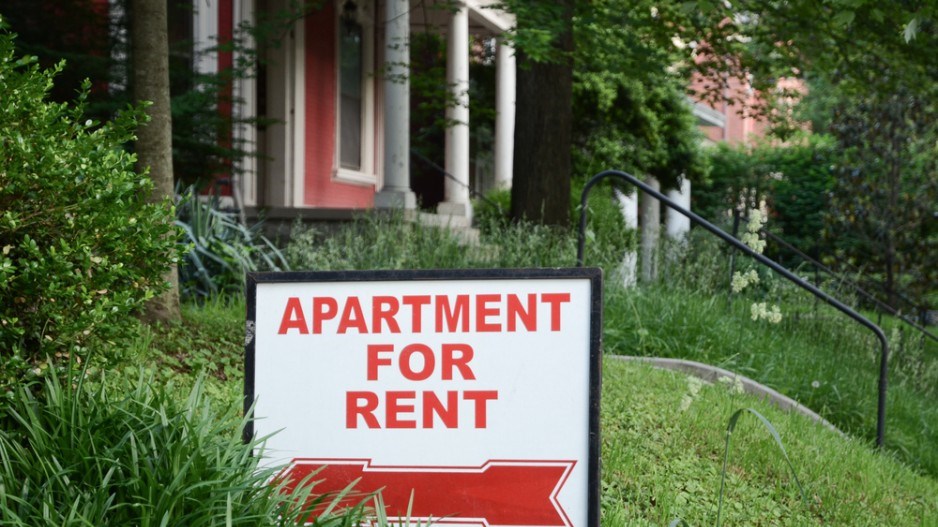The B.C. Finance Ministry has clarified a section of the February 20 provincial budget that levied a special school tax on luxury homes valued at $3 million or more, based on BC Assessment.
The ministry has confirmed that the tax will not apply to residential apartment buildings, which it defines as properties with four or more rental units.
Before BIV was advised of the clarification by Ministry communication staff February 28, members of the rental industry had complained that the tax would increase rental rates as landlords passed on the extra tax.
The school tax, to start in 2019, will be applied at .02% on values from $3 million to $4 million, with .04% on values above $4 million. Basically it means $2,000 for every $1 million in value from $3 million to $4 million and then $4,000 per every million dollar in value above $4 million.
Using the example of a Vancouver rental building assessed at $12 million, David Goodman of HQ Commercial, a specialist in apartment building sales, said the owner would be subject to annual taxes of approximately $34,000.
The clarification from the Ministry appears to be the first time that residential rental buildings are not be included in the Class 1 residential classification used by BC Assessment. For instance, the foreign-buyer tax, which was increased from 15% to 20% in the new budget, applies to homes and rental apartment buildings of any size.
The exemption of four rental units from the school tax could prove beneficial to some Vancouver residential investors, since city zoning now allows up to four rental units on a single-family detached lot.
In the Grandview-Woodlands area of East Vancouver, where denser RT zoning – "residential two dwellings" as opposed to RS, "residential single dwelling" – is in affect, up to four rental units are now permitted on larger detached lots. This could include, for example, a main house with three rental units and a detached laneway house that is also rented. According to a Finance Minister spokesman, the owner does not need to live on the property to qualify for the rental tax exemption.
Cynthia Jagger, an agent with of HQ Commercial noted that the residential luxury tax does apply to residential lots assembled for multi-family properties, which she suggested would increase the cost of purpose-built rentals and could lead to higher rental rates.




